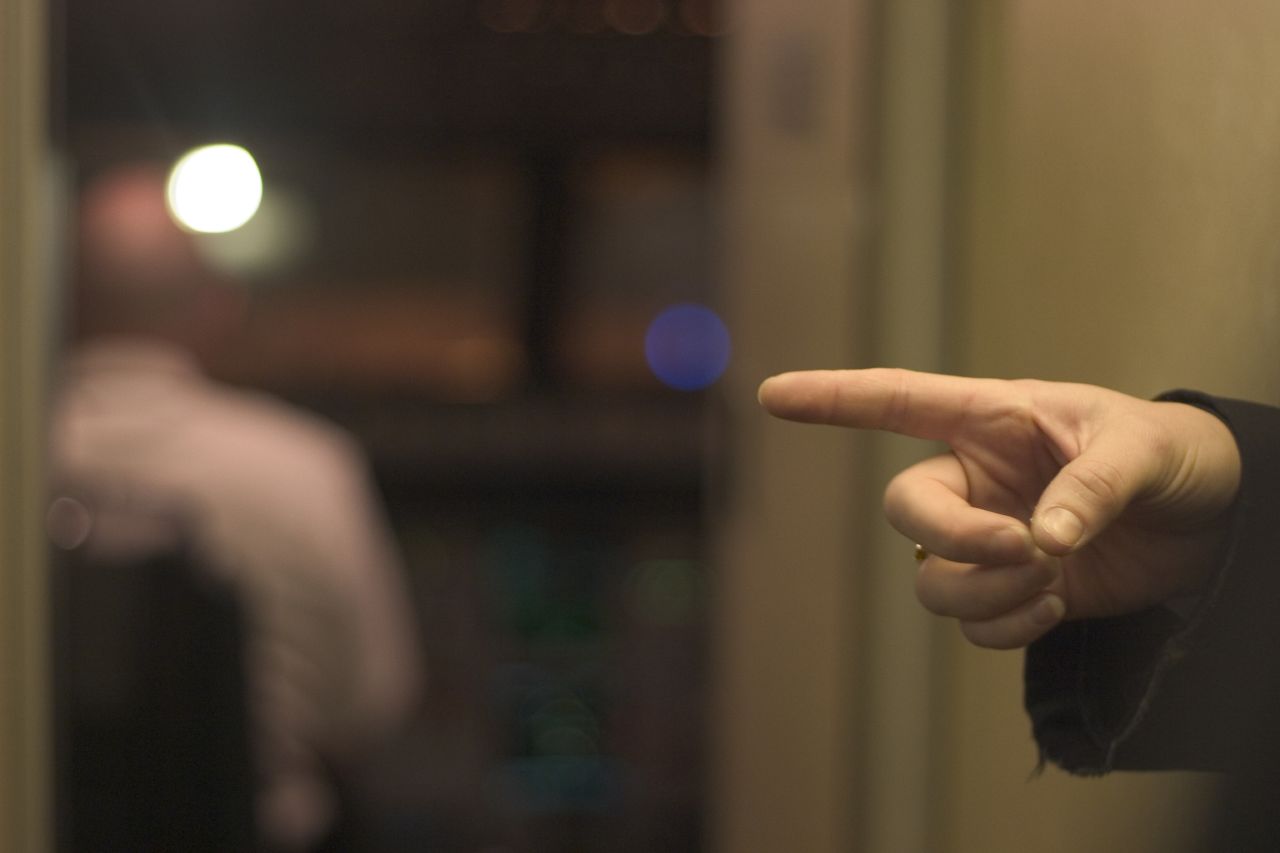Blame
to hold responsible; find fault with; censure, to place the responsibility for (a fault, error, etc.) (usually followed by on ): I blame the accident on her.
Accountable
subject to the obligation to report, explain, or justify something; responsible; answerable.
I had an interaction with someone yesterday who said: “Why are you trying to find someone to blame?” My mental note during the conversation was, “Am I finding blame or fault with someone for an outcome I was not pleased with or did I want accountability for actions that would lead to a better outcome next time?”
In a culture so averse to blame we prefer the word accountable. If we try to shame another person through blame, clearly then, we need to be accountable for our blaming, rather than holding the other person in the esteem they deserve while working toward a better outcome.
Yesterday, Anne Goldberg and I had the pleasure of introducing Kabbalah study to a table full of people responding to our free introduction. A question that has now recurred during many introductions is: “How does the study of Kabbalah affect your life?” One of the attendees had her own answer based on what Anne and I had been talking about—she wondered aloud if Kabbalah study led to an awareness of the mystery in one’s life. She was focusing on the mystery of one’s latent potentials that could be awakened through a deeper understanding of self.
As I sit today reflecting on lessons learned yesterday, I would also suggest (as I did during the introductory class) that Kabbalah study, if truly effective, leads to greater accountability for one’s actions. The person who challenged me about “finding blame” argued that it is not productive to blame. I agree. Accountability for self and holding others accountable is productive. It may be the most productive thing we can do to awaken the latent potentials hidden in the mysteries of our life.











0 Comments